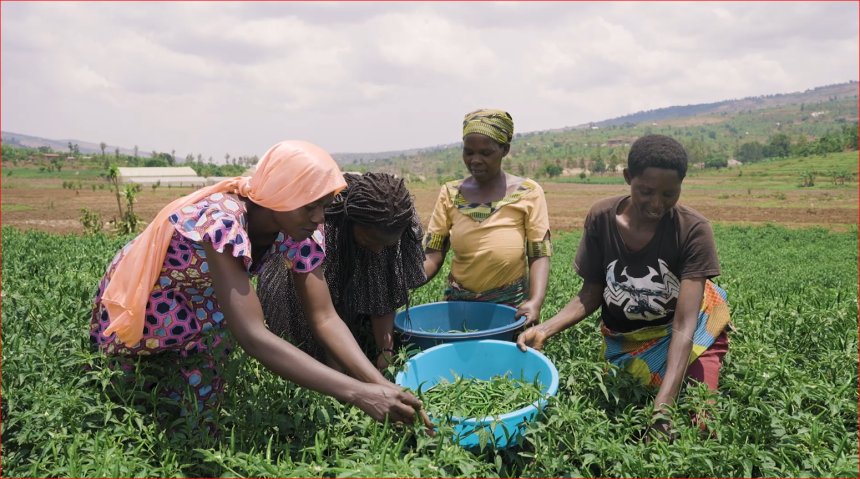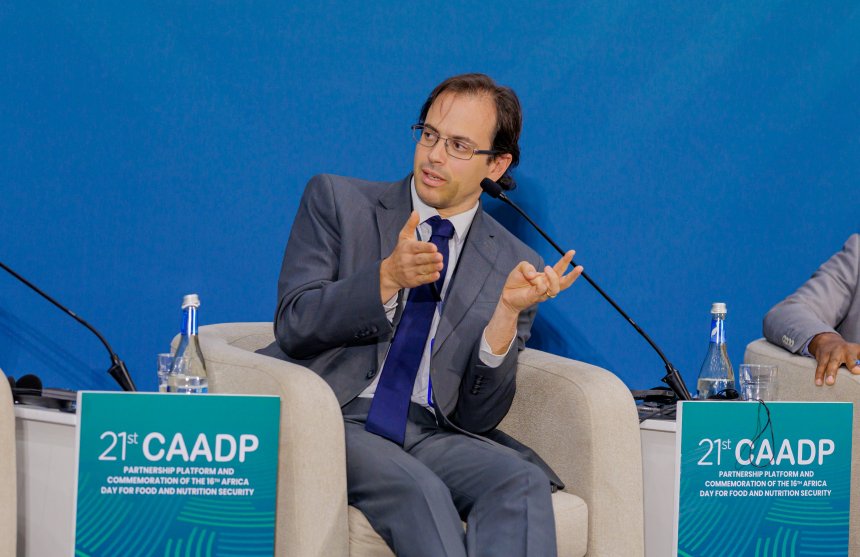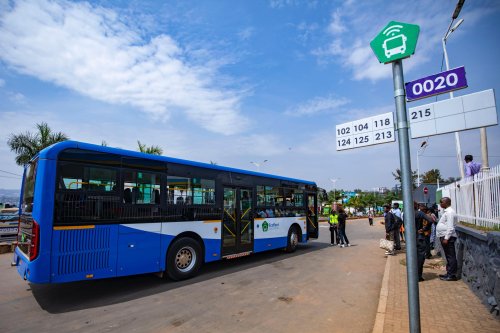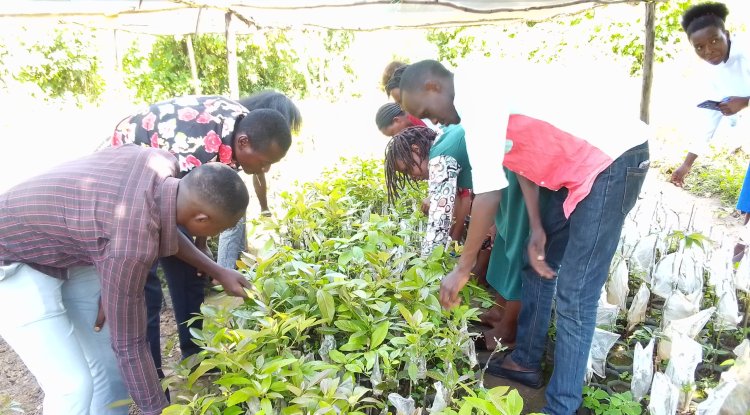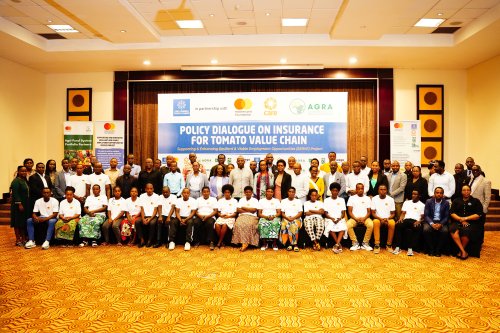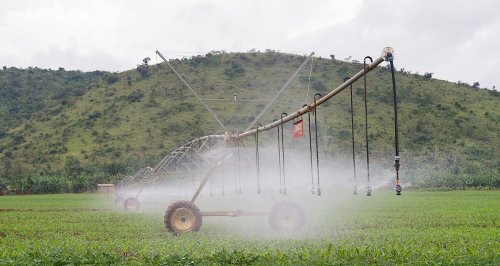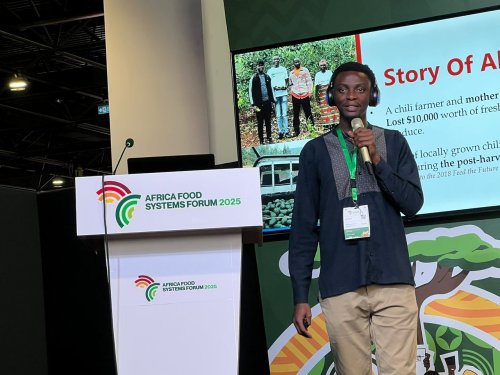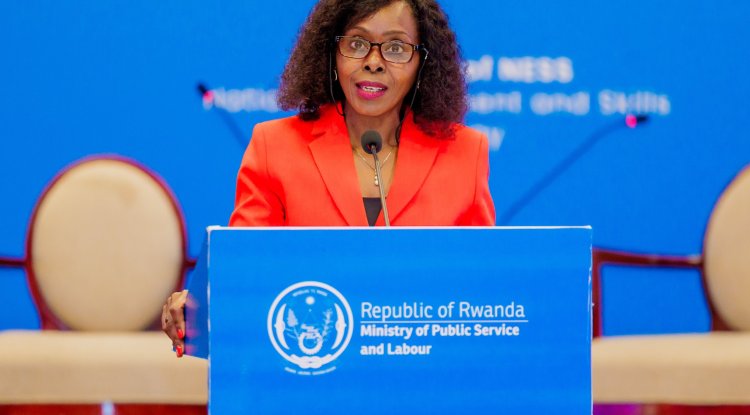Feeding the Soil to Feed the Nation: Rwanda’s Bold Agricultural Transformation Plan
Rwanda is setting a bold goal to boost food crop yields by 50% over the next five years, powered by a targeted increase in fertilizer usage from 70 kg per hectare to 94 kg per hectare and the transformation of seed systems, agro-dealerships, and digital input delivery platforms.

In an exclusive interview, Dr Telesphore Ndabamenye, Minister of State for Agriculture and Animal Resources in MINAGRI, shared insights on the government's new strategy and the critical role that agricultural inputs, private sector engagement, and partnerships like AGRA (Alliance for a Green Revolution in Africa) are playing.
“We have to feed our soils before we feed people,” Dr. Ndabamenye emphasized. “Our soils have been degraded for long. The government has started local seed production, and we’re now moving into local manufacturing of site-specific mineral fertilizers.”
From Blanket to Site-Specific Solutions
Historically, Rwanda used generalized fertilizer recommendations, but recent research has shown the need for site-specific formulations to match the country’s unique soil composition especially its 60% hillside farmland and high acidity zones.
“Using blanket recommendations was like shooting in the air,” Dr. Ndabamenye explained. “Now, trials are completed, results are promising, and some site-specific fertilizers have already started to be distributed.”
“The government is also tackling acidity by introducing liming to neutralize soils, particularly in low-yield regions, and promoting household composting to build organic matter “He added
Extension Services and Digital Innovation
The new model relies heavily on customized extension services and digital solutions, such as the Smart Nkunganire System, a platform that allows farmers to register, order, and purchase seeds and fertilizers directly through agro-dealers.
“We are streamlining input supply channels. We want three million farmers on digital platforms. We’re training agro-dealers, building large warehouses in provinces, and equipping farmers with smartphones and modern tools.”Said Ndabamenye
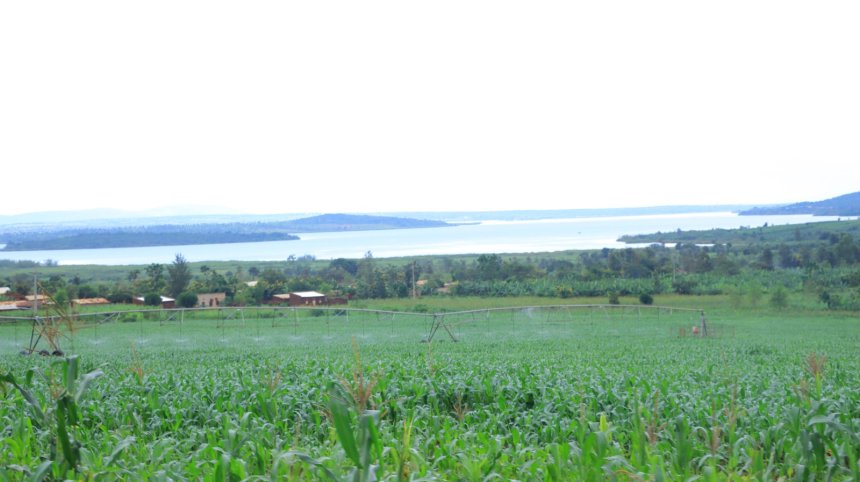
Role of AGRA in Food Systems Development
A key partner in this transformation is AGRA, which is working alongside the Rwandan government to develop resilient seed systems, Empower local seed companies with marketing strategies, strengthen agro-dealer network, Promote horticulture value chains in avocado, chili, and poultry.
These efforts are focused not only on increasing production but also building a sustainable agricultural economy.
Asked how the government supports local seed producers, Dr. Ndabamenye said:
In addition, the government provides subsidized irrigation and inputs to support seed companies and ensure they are profitable and sustainable.
To achieve Rwanda’s ambitious targets, the Minister of State highlighted the need to fully engage the private sector:
He said: “We need to bring the private sector on board so there is a shared responsibility and speed. This is not a one man’s job.”
With improved seed varieties and site-specific fertilizer application, Dr. Ndabamenye emphasized that yields could increase by more than 55%, provided other conditions like water, soil health, and extension are met.
Rwanda’s agricultural strategy is no longer just about increasing inputs it's about transforming systems. From soil to seed, from agro-dealer to digital platform, the country is laying the foundation for a self-sustaining, tech-enabled, and private sector-driven food production future. And as Dr. Ndabamenye puts: “We are building a system where every stakeholder from farmers to seed companies understands their role, and together we are creating a more resilient food system

